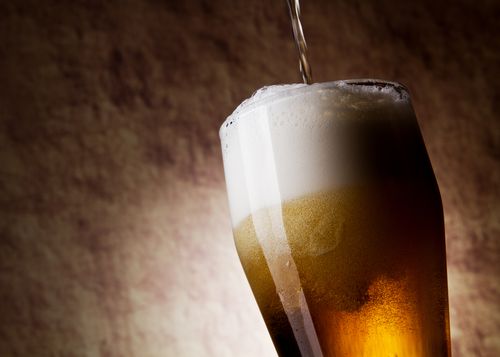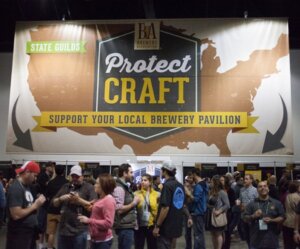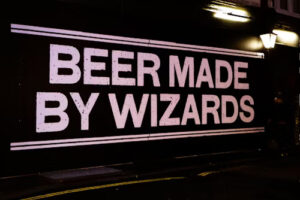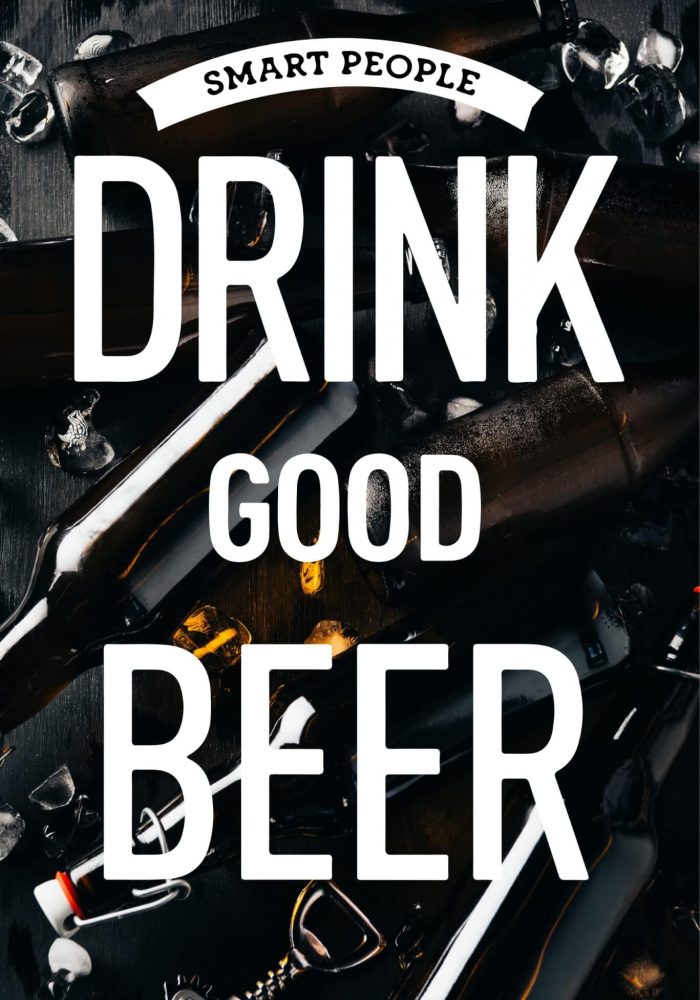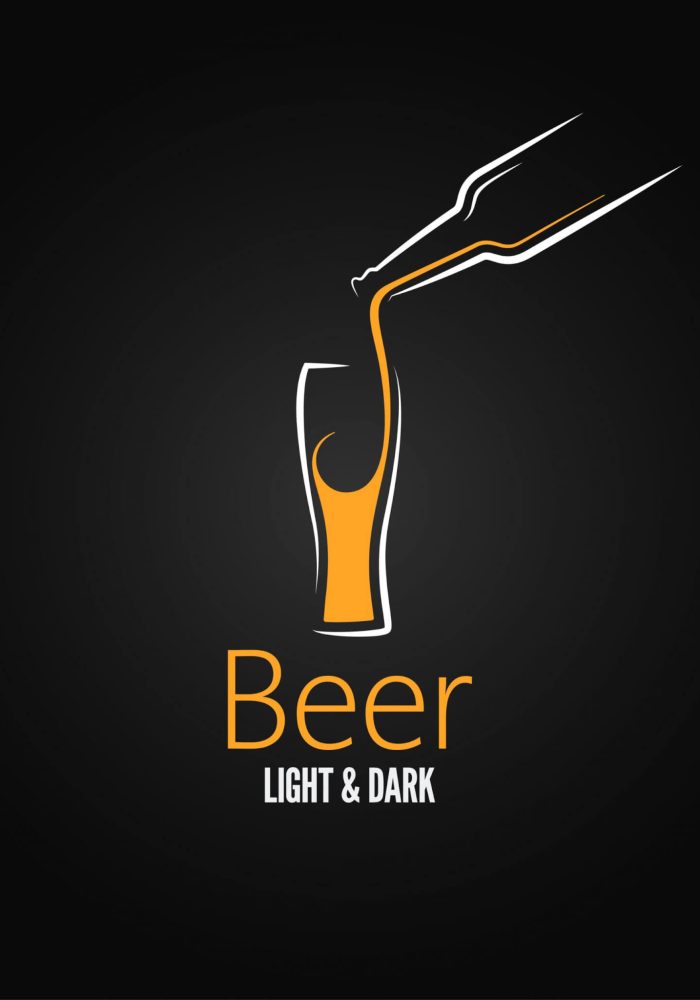Since Biblical times there has been consternation, real and perceived, about ills befalling society from excessive drinking; alcohol of course. Even the Bible counsels against excessive drink, and today some even extrapolate the Bible to mean there should be no alcoholic drink. But remember what Dean Martin said why people should not drinking water- “you see what it does to nails.” As an old Southern Baptist parishioner having attended a Methodist university, I must confess that I grew up thinking that beer, spirits, and wine were the province of the Devil. However, at an early age I confess to sampling my best friend’s dad’s beer (Miller High Life to be specific).
However, after entering college I found that maybe the Lord had a hand in the nectar or grain, yeast, water, and fermentation. Ultimately Adolph Schlitz provided an agreeable elixir for this poor college student. Good ole Adolph Schlitz died at 93; obviously, his concoction had health benefits. As an aside, at one point in history, Schlitz was the largest and most prominent brewing company in America. And the demise of Schlitz has been business school case studies in corporate decision-making. Here are some examples of: stupidity, lack of marketing acumen, self-aggrandizement, and getting out over one’s ski’s in an attempt to cut cost! Sad indeed!
Many a weekend at a “3.2” (pronounced as 3-2) beer joint near campus, in the middle of Kansas, leisure time was filled with camaraderie, conviviality and fine tuning the social skills. The point-being, beer was that precursor that bound me to life-ling friends and some new friends.
For the sake of perspective and homage to the significance of beer in history, let me point out that Jesus’ first miracle was turning water to fine wine. This was not a trivial event; I do not minimize this historical event. Even Houdini could not replicate that fete. But the facts are that God did speak about beer and wine through versus’ in the Bible. Here are some versus I found: Proverbs 31:4-8, Psalm 104-13-1, Ecclesiastes 9:5-7 and John 2:1-5. Before we all run for our growler’s claiming and endorsement for drinking beer from God, I must remind you that drunkenness is not condoned by God; just saying! “Full stop.”
Continuing my diatribe. After college I joined the Navy and there, I learned to respect the social aspects and benefits that social consumption of beer can add to the social and professional aspects of careers and life. For crying-out-loud, British war ships had beer aboard: God must love the Brits! Now here is a toast to the U.S. Navy: “There are good ships, and there are wood ships, the ships that sail the sea. But the best ships, are friendships, and may they always be.”
When it comes to toasting, Boston Beer Company has put an oar in the water. Mr. Koch said about his new toasting beer, “The brewer’s art allows us to deliver the tastes, the aromas and the textures that you want to have in those special moments, and do it in ways Champagne can’t,” Koch explained.
Can beer consumers hold their heads high and yell a toast to the beverage that started and perpetuated civilization. “There is a perfectly respectable academic theory that civilization began with beer,” writes Michael Jackson. From the Middle East, it is universally understood that agrarian culture that produced grains came from the Fertile Crescent. Therefore, grain made bread and beer and thus society started to flourish. Since the 1950s, scholars have been unearthing evidence that beer “civilized” humans, not bread. If beer came before bread then us beer drinkers are paying homage to our history since 6,000BC.
I often ask people that drink wine and beer what motivates their interest in either beverage. For most beer lovers it is based upon their understanding of the beer (styles and techniques in beer making), seasons on the calendar, wanting to explore something new and the social setting. But generally, craft beers now outperform the mass producer’s labels because of taste, availability, and innovations coming from craft brewers. Craft beers today are readily available in brew pubs, restaurants, chain stores and grocery stores. Availability is a major factor in expanding the craft beer market.
In 2014 Brandon Gaille wrote: “Every product line is seeing that customers are demanding more variety to fit specific tastes instead of settling for one basic product. That is why you see more flavors of soda available and that’s why craft beers are showing a strong market share in many communities. Craft beer drinkers also have an advantage thanks to the fact that many pups and microbreweries are pairing their products with world-class food options so that the value of the craft beer brand becomes uniquely enhanced – something that a national brand just can’t do.”
In a study by “Brewbound”, “according to Nielsen, a weekly craft drinker is predominantly male, ages 21-34, and makes between $75,000 and $99,000 annually and 75% of beer consumers live within 10 miles of a craft brewery.” Even women craft beer drinkers are on the rise-37% of craft beer consumption is by women.
Schlitz which I alluded to earlier, had a tagline “the beer that made Milwaukee famous”, was producing 1 million barrels of beer in 1902. It just goes to show that big is not necessarily better and accountants and marketing geniuses do not know what the consumer commitment is all about. There were a plethora of bad decisions that led to the demise of Schlitz, but the major points are: 1. The new owners in the early 70’s decided to cut costs and the first cost cutting target ax fell on their historic commitment to using only high quality ingredients; 2. Schlitz then decided to change their brewing technique that allowed Anheuser-Busch and Miller proclaiming that Schlitz was selling “green beer”; and, 3. A new Schlitz marketing campaign was perceived as being intimidating to some Schlitz customers.
Today, with a lot of large craft beer companies being bought up by the large mass producers, will a nice niche product fall victim to the same perils that befell Schlitz?
Craft brewing successes thus far seem to be built upon the fundamentals of quality, innovation, variety, fair pricing, knowing trends, being perceived as understand local markets and having products formulated for specific demographic markets. Good craft beer brewmasters are honest to their craft and customers!
Todays beers are not your grandfather’s beers.
Cheers!


